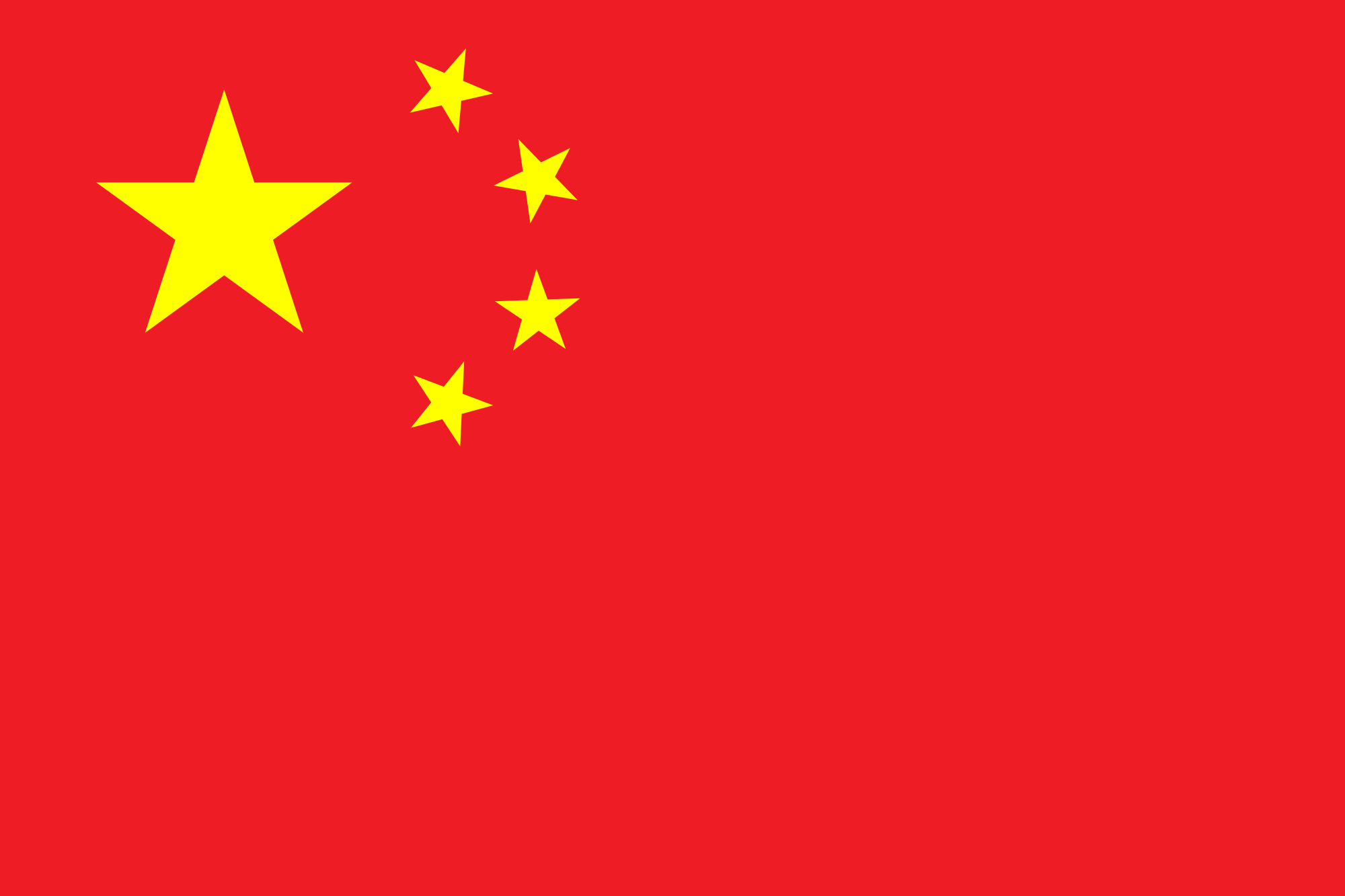
It appears that the launch of China's only think tank in the Washington, DC has made less of a splash than many people had imagined.
Foreign Policy's Isaac Stone Fish has just written a piece entitled "Beijing Establishes a DC Think Tank, and No One Notices," which essentially says that the Institute for China-American Studies (ICAS) has not gained any traction among policy elites.
Here is more:
Despite its advocacy for Beijing’s controversial and important position in the disputed South China Sea, the Institute for China-American Studies (ICAS) — the only Chinese think tank based in Washington D.C. — has been unable to rise from obscurity. Google their initials and they come up on the third page, behind the Institute of Chartered Accountants of Scotland, the International Council of Air Shows, and the Inupiat Community of the Arctic Slope, a tribe in Alaska. It has all of 46 Twitter followers.
While U.S. scholars respect some of executive director Hong Nong’s work on China’s claims in the disputed South China Sea — the focus of the think tank’s five-person staff — ICAS is almost entirely unknown outside a narrow band of China watchers in the U.S. think tank community. Even Patrick Ho, who runs the China Energy Fund, one of the only other Mainland Chinese think tanks active in the United States — the exact number is unknown, but estimates range from two to roughly a dozen — said he has never heard of ICAS. “I don’t know if they [even] have a reputation yet,” said the South China Sea scholar Bonnie Glaser. “They have been pretty low-profile.”
The article goes on to ask why ICAS, which now has an office just a few blocks away from "Think Tank Row," appears to be unsuccessful in influencing US policymakers and China-hands. Here is more on that:
[Bonnie] Glaser, a senior adviser for Asia at the think tank Center for Strategic and International Studies (CSIS), doesn’t think it’s because they are spies — a plausible explanation for a Chinese organization that gathers and disseminates information. “Obviously people will suspect that they’re playing some intelligence role. But they’re not very aggressive,” she said. Rather, most of those interviewed for this story — roughly a dozen academics, think tank staff, and China watchers, the kind of people who traffic in acronyms and appreciate the intricacies of relevancy in Washington — have concluded that the problem is ineffectiveness.
ICAS, in other words, is not doing what a think tank should do: convening major events with respected scholars and politicians, publishing influential research, and challenging and improving government policy. Scholars say that their papers rarely get circulated, and they have not held a major event since their opening conference. “I wouldn’t say it’s a sophisticated operation at this stage,” said a member of the D.C. China policy community, who asked to speak anonymously because she wasn’t authorized to speak to the media. Jim McGann, the founder of the Think Tanks and Civil Societies Program at the University of Pennsylvania, which publishes an influential ranking of think tanks around the world, said ICAS seems “underfunded and not very well focused.”
The article explains that the idea of a "think tank" in China is much older than in the US, where the phenomenon is relatively recent. "The ideas of research institutions advising the ruler of China stretches back at least to Hanlin Yuan, established in the 8th century," says the article.
It also notes the various differences between US and Chinese think tank, saying that while Chinese think tanks "prize a close connection to the government, they are thus saddled with the intellectual restraint of being unable to speak truth to power." Here is more:
According to a November 2014 article in the Chinese Academy of Social Sciences (CASS) Newspaper, a publication affiliated with China’s best-known think tank, it is “advisable” for think tanks in China “to maintain strong linkages with the government.” On ICAS’s website, and in person, Hong describes her think tank as independent. And yet, that seems unlikely.
Lastly, on funding, the article says that ICAS has a relatively small amount:
ICAS sits under the lushly funded government research organization, the National Institute for South China Sea Studies (NISCSS), in the island province of Hainan. But for some reason, that largesse has not trickled down to ICAS. During a March interview, Hong estimated that ICAS’s budget is just $800,000 a year, a number several other think tankers privately said was very low. “Sometimes conferences can be very expensive,” Hong complained.
In response to the article, Ken Weinstein, President and CEO of the Hudson Institute (who has a picture of himself next to Prime Minister Shinzo Abe as his Twitter picture), said: "I thought PRC more sophisticated. Beijing builds an invisible DC think tank. Much cheaper to buy an existing one."
To be fair, every think tank needs time to grow. After all, Brookings didn't become Brookings overnight. Also, one can only expect so much from a think tank staffed with five people and an annual budget under $1 million.
Here is a previous Think Tank Watch piece on ICAS, which launched in April 2015.